Is Pluto a planet again? Or did we lose it to the dwarfs?
22nd Jan 2024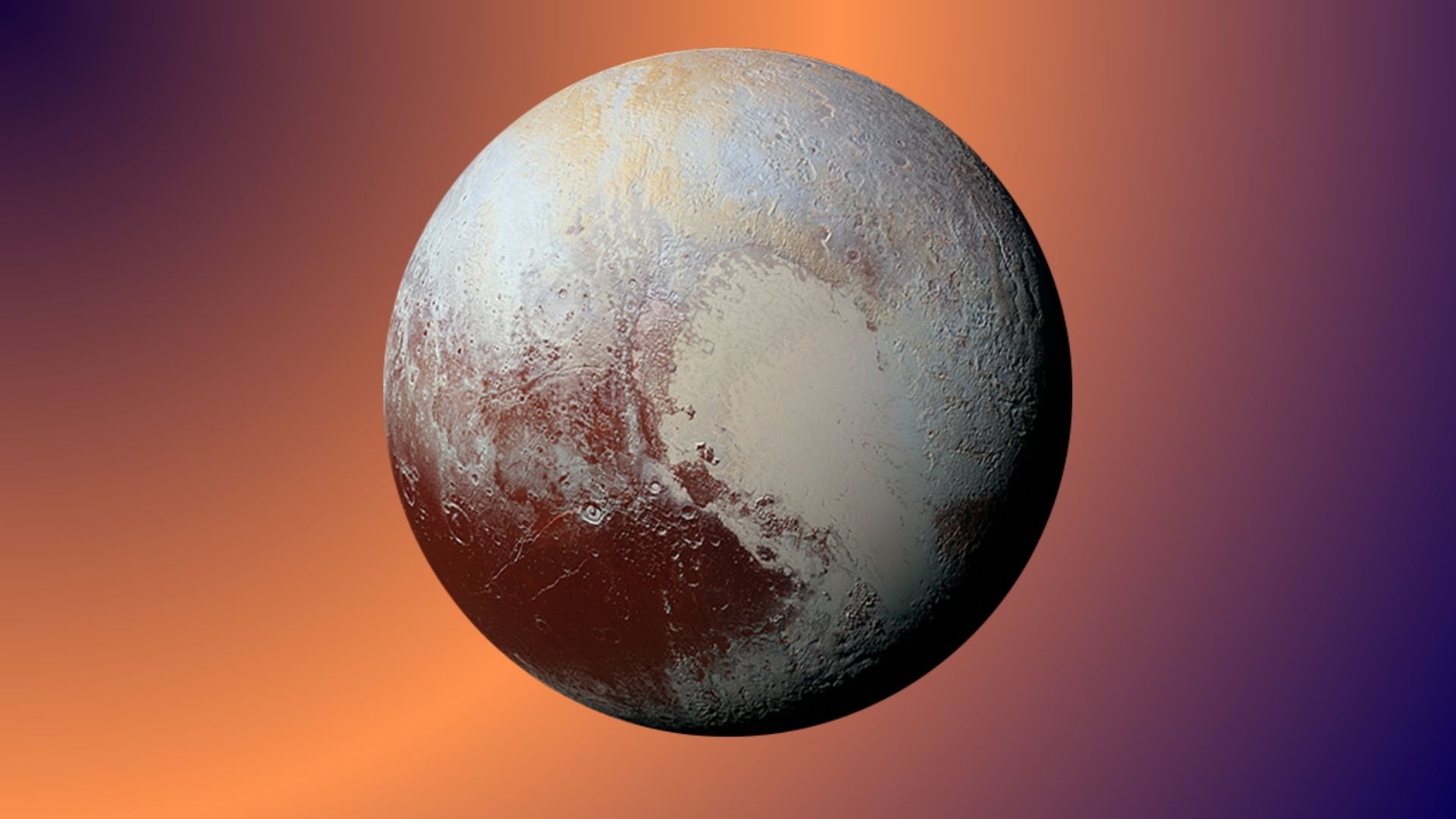
After the discovery of Pluto in 1930, people believed that there were nine planets in the Solar System. It was an established fact for almost 80 years until the IAU (International Astronomical Union) took this honour away and changed the number of planets in our Solar System from nine to eight. What happened to Pluto? Why is Pluto not a planet, and will it ever get its status back? Find the answers below.
When and why did Pluto stop being a planet?
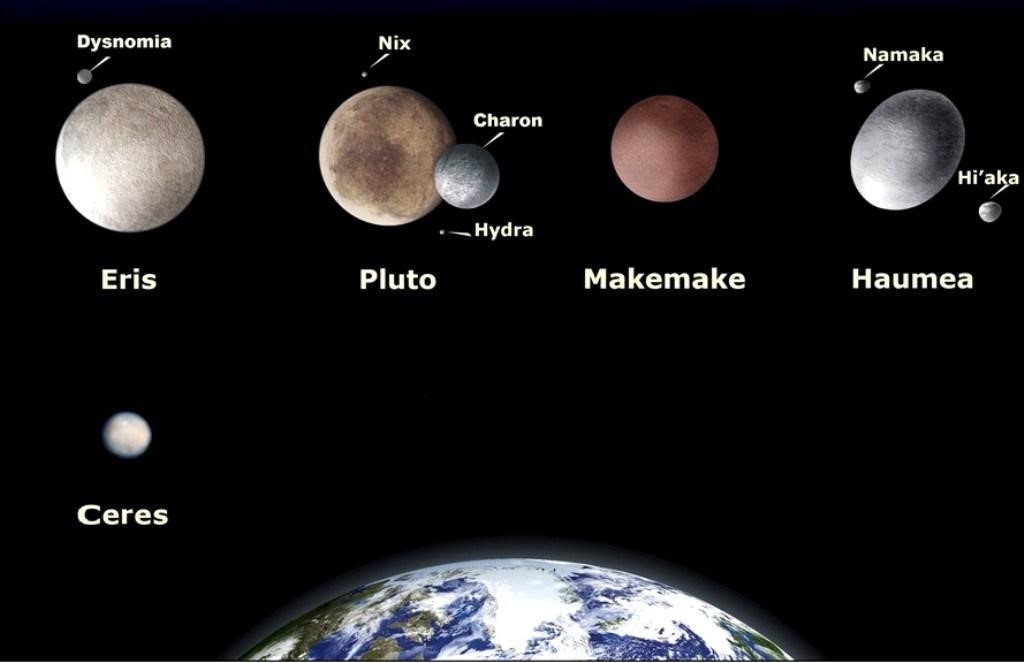
Although Pluto was initially identified as the ninth planet, it is much smaller than Mercury and even smaller than some of the other planets’ satellites. It is not like the terrestrial planets (Mercury, Venus, Earth, Mars), the gas giants (Jupiter, Saturn), or the ice giants (Uranus, Neptune). So, when Pluto was demoted by the IAU, was it the right thing to do? And what led to this, exactly?
In the early 1990s, with the active development of observatories and the launch of the first Hubble Space Telescope, astronomers were able to study the outskirts of our Solar System better and even look beyond its limits. It was then that the Kuiper Belt, a region with clusters of small bodies extending from the orbit of Neptune, 30 AU from the Sun, to a distance of about 55 AU from the Sun, was discovered. Our dwarf turned out to be one of the largest Kuiper Belt objects but by far not the only giant. Over time, Eris, Makemake, and Haumea, which were also classified as dwarf planets, were discovered in that region.
The definition of the planet became even more difficult after Hubble began discovering exoplanets one after another. It turned out that around other stars, there are a lot of celestial bodies similar in characteristics to the planets of our Solar System. As more and more exoplanets were discovered, scientists concluded that it is necessary to reconsider the approach to their classification. So in 2006, the IAU introduced new definition criteria, which our dwarf friend could not meet.
What are the 3 Criteria for a Planet?

According to the IAU definition, an object can be considered a planet if it meets the following basic criteria:
- Revolves around its star.
- Has enough gravity to take a spherical shape.
- Is capable of clearing its orbit from any other similarly-sized objects using its gravity.
Thus, after the discovery of the Kuiper Belt and exoplanets, scientists decided not to expand the list of planets but introduced two new concepts for objects that do not fall under the newly introduced criteria — a trans-Neptunian object and a dwarf planet.
Why was Pluto reclassified as a dwarf planet?
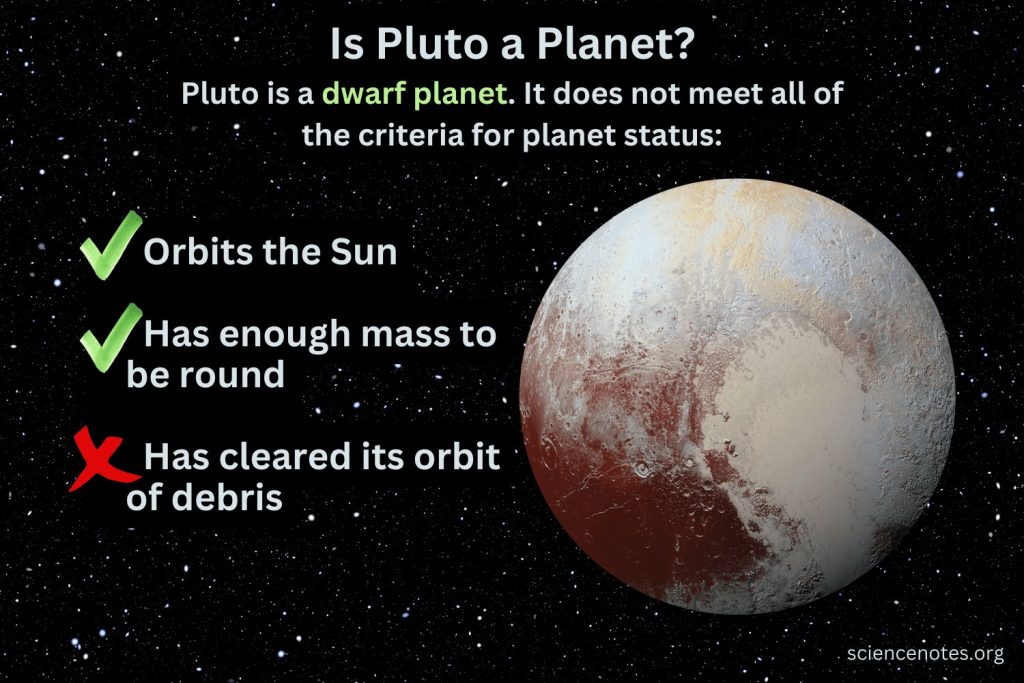
So, why did we lose Pluto as a planet? It does not satisfy the third condition of the IAU, since in relative proximity to it, in the Kuiper belt, there are many other objects that for some reason Pluto could not (or did not want to?) get rid of. Besides, the fact that in 1978 it significantly lost in mass also played its part. Why? Scientists have discovered Charon, the first and largest of Pluto’s moons, forcing the scientific world to reconsider the size as one of the criteria. Before this, they both were taken for one body, but it turned out that there were two of them. Calculations have shown that the real mass of the parent object is 50 times less than previously estimated (0.22% of the Earth’s mass, not 10%).
Not long after that, in 2006 the IAU decided that Pluto couldn’t be considered a planet and that seemed to be the end of the matter. But it wasn’t.
Is Pluto still a planet? Controversy of the categories
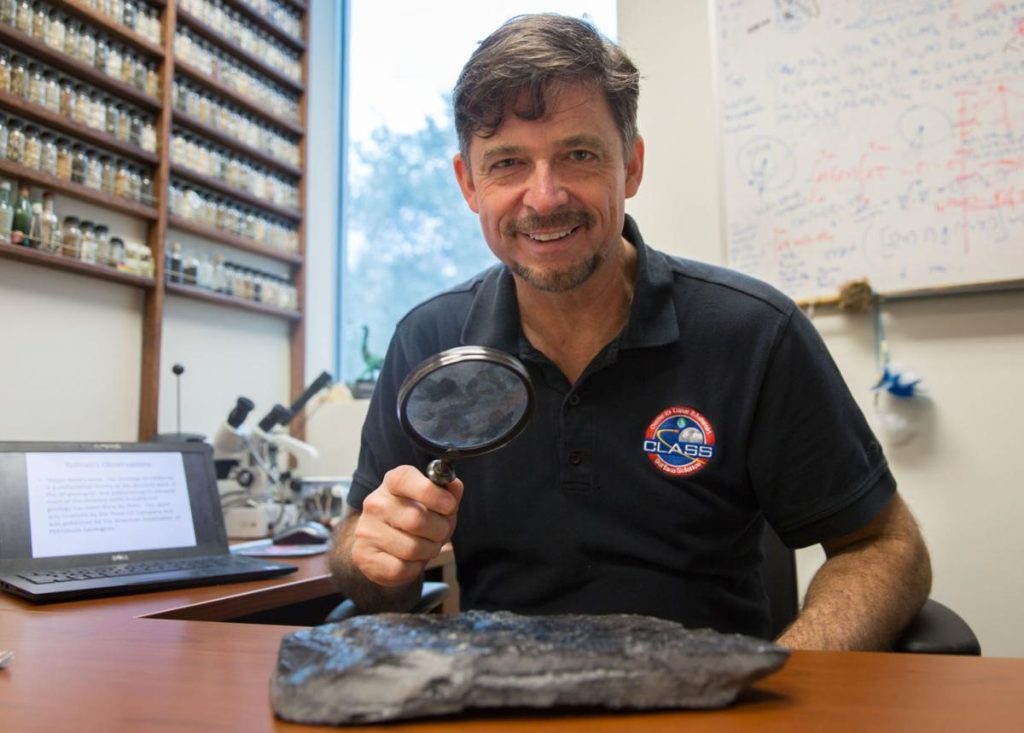
Although the IAU definition of planets from 2006 remains generally accepted worldwide, this does not mean that it is unanimously supported. Some experts dispute the IAU’s decision regarding Pluto and believe it to be incorrect. Thus, in 2018, Philip Metzger from the University of Central Florida presented a paper in which he questioned the scientific validity of the new approach to planet classification.
In his opinion, the definition should be determined by the internal properties of the celestial body, and not by its orbital parameters, which can change over time. As the author noted, there is more life in Pluto than in Mars. It has five satellites, an underground ocean, a multi-layered atmosphere, and organic compounds. Metzger believes that only the Earth has a more complex geology in the Solar System.
Metzger also questioned the ‘clearing the neighbourhood’ concept of planetary orbit classification, saying that such a definition is not used by anyone today.
The scientist’s opinion is supported by the carelessness of the definition. The IAU did not specify what exactly is meant by ‘clearing the neighbourhood.’ If we take this statement literally, then there are no planets at all, because none of them can completely clear their orbit from other objects once and for all.
Alan Stern from NASA, who is known as the principal investigator of the New Horizons mission to explore the Kuiper Belt, also agrees with Metzger. In 2021, Stern stated that it would make sense to exclude the word “dwarf” from the definition of relatively small cosmic bodies. In his opinion, they are all planets, and the IAU went too far because it was horrified by the idea that hundreds of small planets could exist in the Kuiper Belt beyond the orbit of Neptune. The American engineer and planetary scientist justified his point of view by the fact that dwarf planets in the Kuiper belt hold a huge number of asteroids around them. And perhaps, in his way, he is right.
Stern and Metzger were joined by other scientists in an attempt to change the paradigm and dispel the claim that Pluto is not a planet.
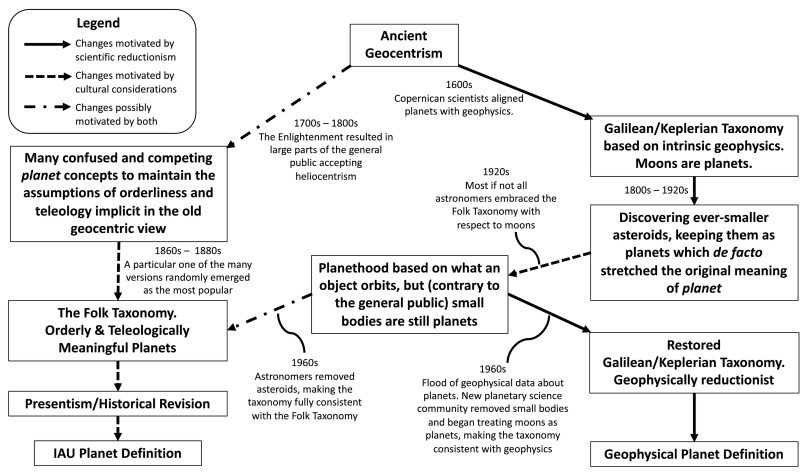
In a joint paper, Moons are planets, they showed that many researchers have long considered objects that do not meet the current IAU definition to be planets. In particular, we are talking about the large satellites of our gas giants, and even the Earth’s Moon. Additionally, the very condition of a “clear” orbit is controversial, since the orbits of comets and asteroids pass near any planet, even near the gas giants.
So, astronomers recommend proclaiming Pluto a planet once again and leaving the spherical shape as the key criterion. Gravitational force sufficient to make an object round initiates geological processes at some point in the celestial body’s evolution. The former “ninth” planet has all these in abundance.
Will Pluto be promoted again?
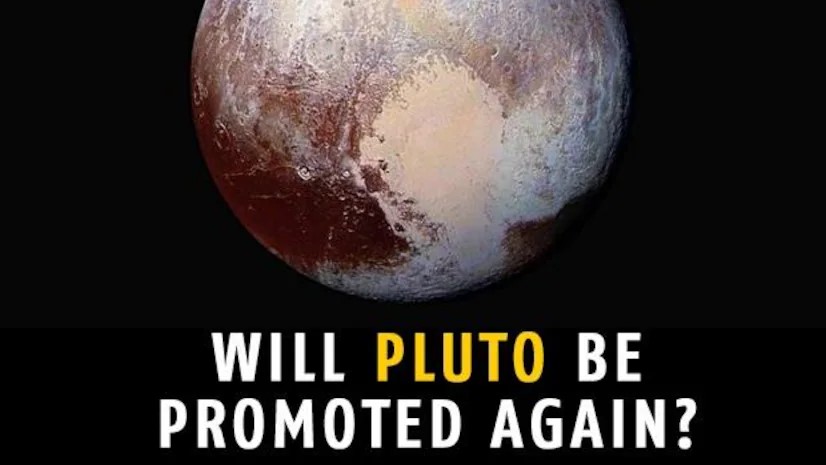
So what is Pluto considered now? While eminent astronomers argue, some enthusiasts put forward the idea that we need to talk about the Pluto-Charon system, satisfying the definition of a double planet. At the moment, this is the only pair of celestial bodies in the Solar System that can claim such a status. Until 1978, they were considered to be one celestial body. So why don’t they formalize the union now?
Be that as it may, the debate — is Pluto a planet again — continues, and we will monitor how the events unfold. Stay with Orbital today for all the latest space news!
Resources:
- Philip Metzger. “Nine Reasons Why Pluto Is a Planet”. 2015
https://www.philipmetzger.com/nine-reasons-why-pluto-is-a-planet/ - Jamie Carter. “Yes, Pluto Is A Planet Says NASA Scientist At The Site Of Its Discovery 91 Years Ago This Week”. 2021
https://www.forbes.com/sites/jamiecartereurope/2021/02/15/yes-pluto-is-a-planet-says-nasa-scientist-at-the-site-of-its-discovery-91-years-ago-this-week/?sh=1479c9bb68dfiau0603 — Press Release. 2006
https://www.iau.org/news/pressreleases/detail/iau0603/ - Moons are planets: Scientific usefulness versus cultural teleology in the taxonomy of planetary science. 2021
https://www.sciencedirect.com/science/article/pii/S0019103521004206 - Dwarf Planets Overview, NASA https://science.nasa.gov/dwarf-planets/
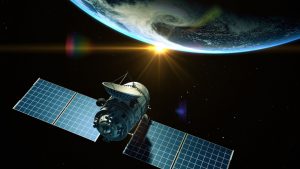
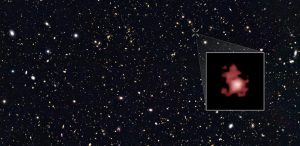
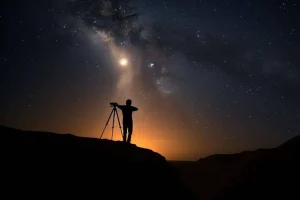
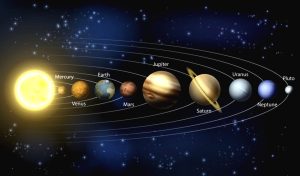

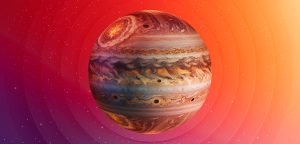
Thank you for your comment! It will be visible on the site after moderation.